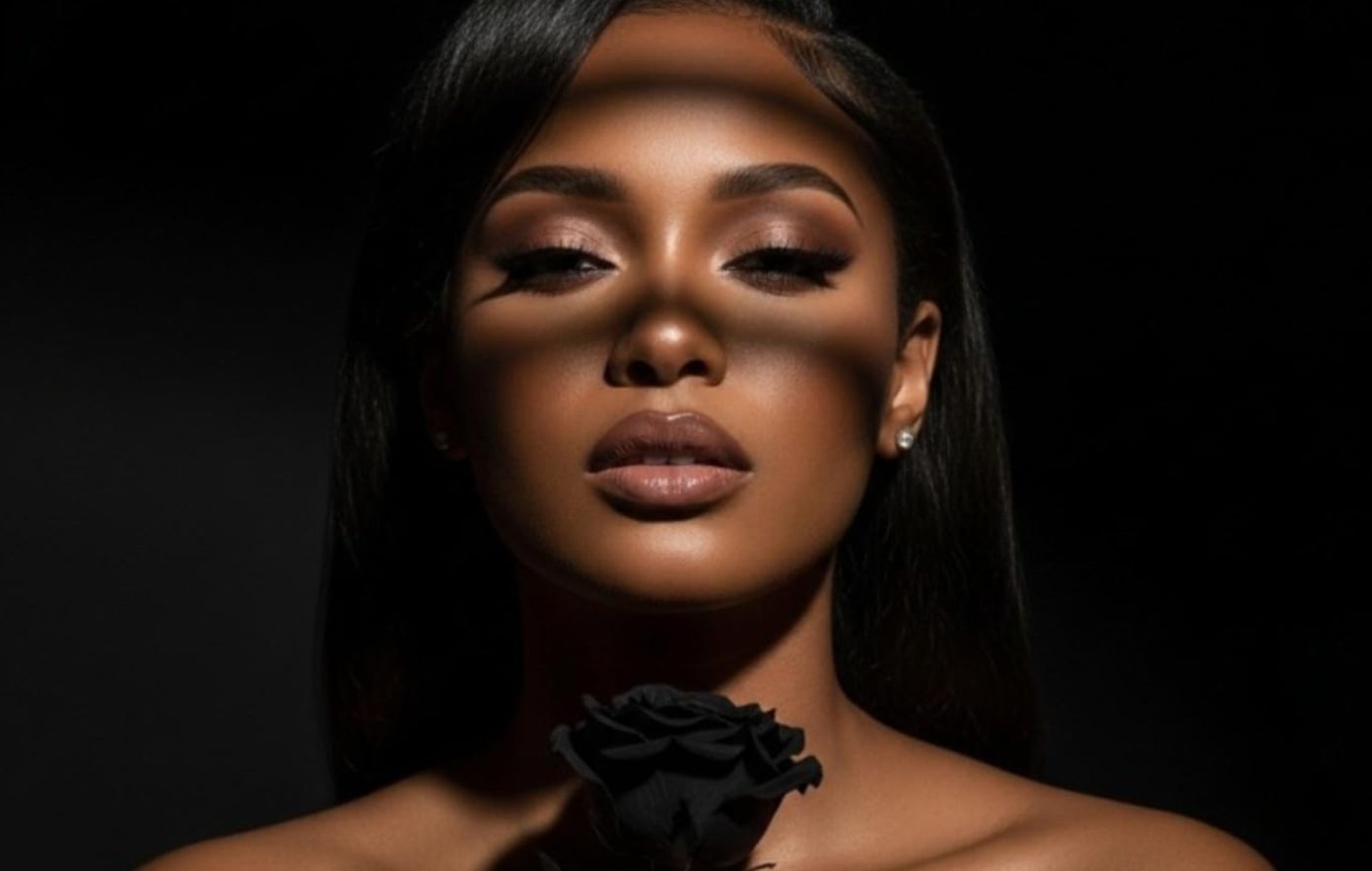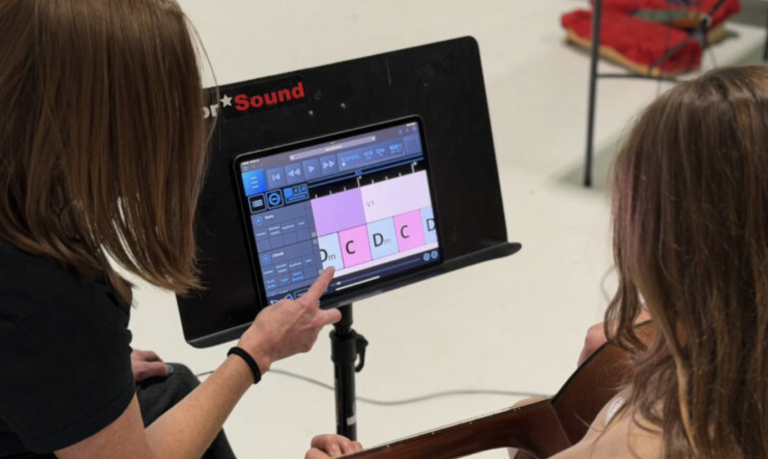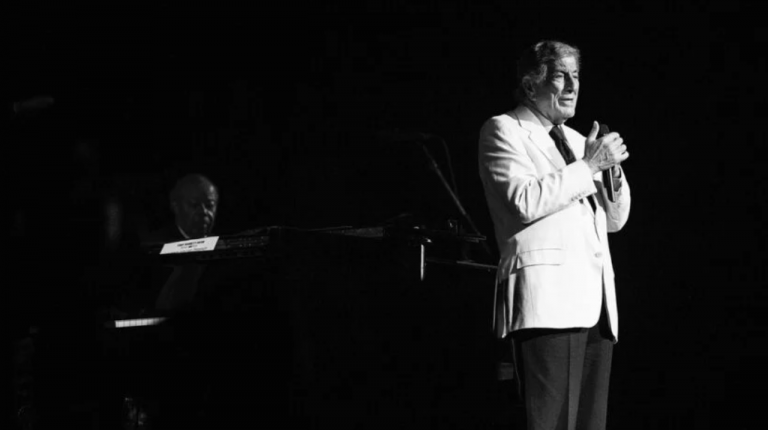
AI artist Xania Monet. CREDIT: PRESS
The music world is grappling with a rapid and divisive transformation, and the face of the revolution is an AI artist named Xania Monet. Created by Mississippi poet and designer Telisha “Nikki” Jones, Monet recently became the first known AI artist to debut on the prestigious US Billboard charts, a landmark moment that followed a reported multimillion-dollar record deal signed with Hallwood Media. This success, however, is not a victory lap for the industry; it’s a battle cry. Jones, who uses the Suno AI platform to set her original lyrics to music, defended her work in an interview with Gayle King on CBS This Morning, stating simply: “I look at her as a real person.” This perspective embodies the optimistic view of generative music as a new tool for creativity.
The New Era or the End of Creativity?
Jones sees her creation as an extension of herself, arguing that AI is “the new era that we’re in” and should be embraced as a tool. She also pushes back against the idea that her process is a shortcut, noting the strong reactions against it are typical “any time something new comes about and it challenges the norm.” However, a growing chorus of established musicians views the proliferation of AI music as an existential threat. High-profile artists like Kehlani, Mac DeMarco, and SZA have been vocal critics, with Kehlani famously stating that the technology is “so beyond out of our control.” Adding his weight to the debate, Sir Elton John claimed AI would “dilute and threaten young artists’ earnings.” The fear is quantifiable: one recent study warned that people working in music are likely to lose a quarter of their income to AI over the next four years.
Industry Action and the Call for Copyright Protection
The financial stakes and the issue of copyright infringement have spurred the music industry and political figures into action. Streaming giants are being forced to adapt, with Spotify confirming they were cracking down on 75 million “spammy tracks” last month. The core of the problem lies in the legal framework. Major British artists, including Paul McCartney, Kate Bush, and Elton John, have urged the UK government to update copyright laws to protect creators’ work. Prime Minister Keir Starmer acknowledged the challenge, stating that while it is “very important we protect creativity,” the goal is to “get the balance right” through careful consultation. This echoes the sentiment from ABBA’s Björn Ulvaeus, who holds a rare positive view among established artists, calling AI “such a great tool.”
What’s Next for Music?
The story of Xania Monet is more than a single chart success; it represents a cultural tipping point. Will AI be successfully integrated as a powerful new instrument, as Jones suggests, or will it overwhelm the market with unauthorized, automated content, as its critics fear? The answer depends on how quickly and effectively governments and corporations can establish new rules to protect human creators while still allowing for technological innovation. For now, the music industry is officially in an era where the next big hit may or may not have a pulse.








